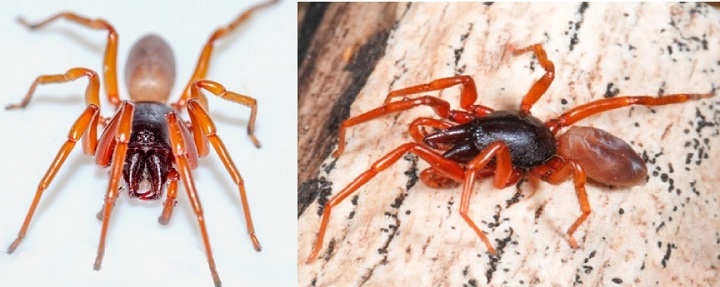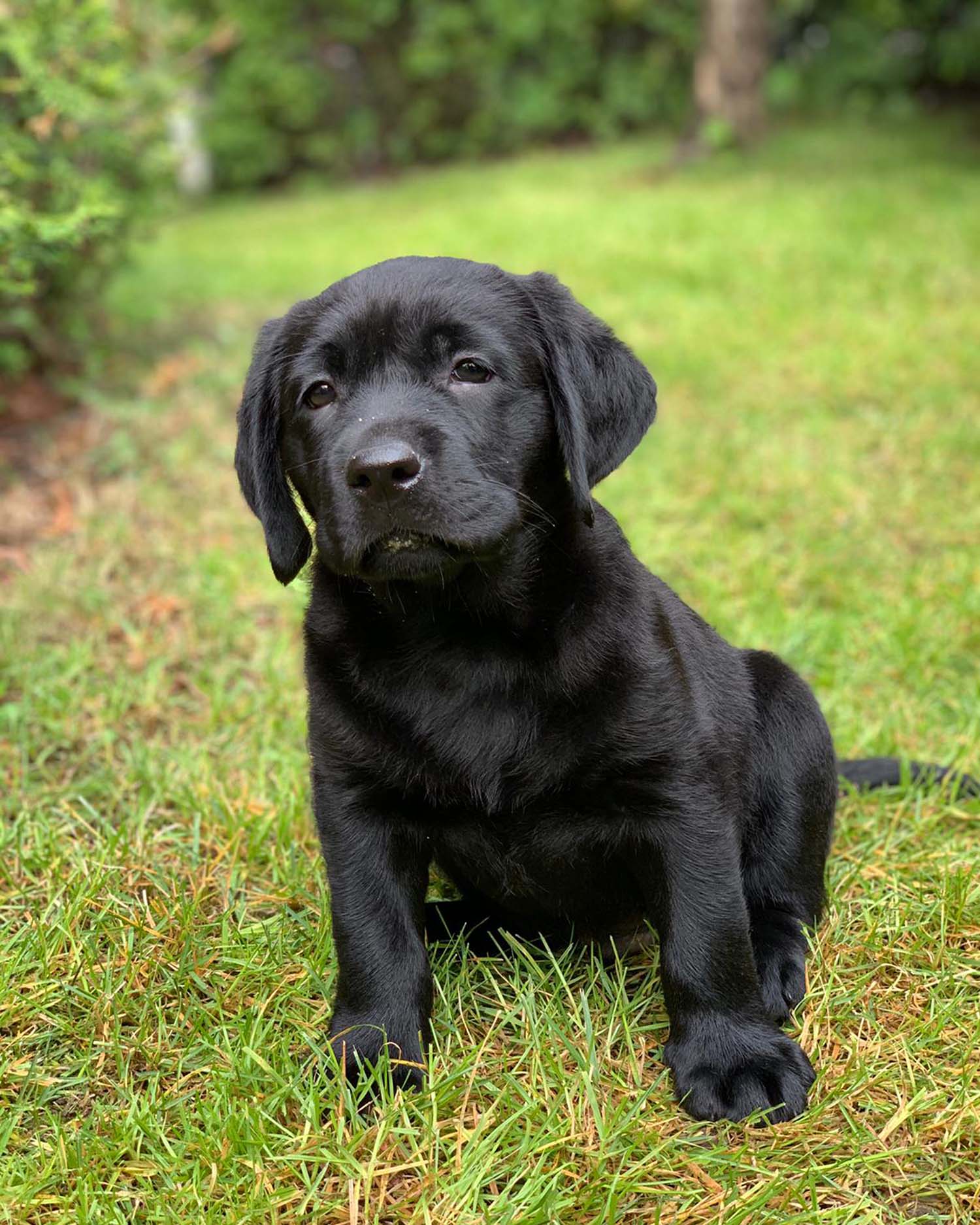November eNews
Welcome to our eNews
Last month brought groundbreaking scientific achievements and fascinating discoveries. From the Nobel Prizes in Chemistry and Medicine honoring innovations in molecular frameworks and immune tolerance, to new insights on WiFi surveillance risks and advances in privacy-preserving AI.
Explore our Editor’s Choice on genome size evolution in island spiders, and don’t miss our Image of the Month revealing how parental age affects genetic mutations in puppies.
If you have any questions or feedback, please don’t hesitate to contact us at news@alphagalileo.org.
We hope you enjoy this issue!
The AlphaGalileo News Team
Top 5 from October
1. The Nobel Prize in Chemistry 2025 was awarded to Susumu Kitagawa, Richard Robson and Omar M. Yaghi, published by News Team, AlphaGalileo Ltd on 08/10/25
The Nobel Prize in Chemistry 2025 was awarded to Susumu Kitagawa, Richard Robson and Omar M. Yaghi “for the development of metal-organic frameworks.”
They are awarded the Nobel Prize in Chemistry 2025 for "the development of a new type of molecular architecture. The constructions they created – metal-organic frameworks – contain large cavities in which molecules can flow in and out".
Read the news
2. The Spy Who Came in from the WiFi: Beware of Radio Network Surveillance! published by Karlsruhe Institute of Technology on 10/10/25
If you pass by a café that operates a WiFi network, you can be identified – even if you do not carry a smart phone with you. Researchers of Karlsruhe Institute of Technology (KIT) have found out that it is possible to identify people solely through WiFi signals. They point out that this constitutes a significant risk to privacy. To infer the identity of persons, it is no longer necessary that they carry a smart phone or tablet on them. It takes nothing but WiFi devices communicating with each other in the person’s surroundings. This creates an image comparable to a camera shot, but based on radio waves. The research team calls for adequate privacy safeguards.
Read the news
3. The 2025 Nobel Prize in Physiology or Medicine was awarded to Mary E. Brunkow, Fred Ramsdell and Shimon Sakaguchi, published by News Team, AlphaGalileo Ltd on 06/10/25
The 2025 Nobel Prize in Physiology or Medicine was awarded to Mary E. Brunkow, Fred Ramsdell and Shimon Sakaguchi “for their groundbreaking discoveries concerning peripheral immune tolerance that prevents the immune system from harming the body."
Read the news
4. Federated Learning AI Developed for Hospitals and Banks Without Personal Information Sharing, published by KAIST (Korea Advanced Institute of Science and Technology) on 15/10/25
Federated Learning was devised to solve the problem of difficulty in aggregating personal data, such as patient medical records or financial data, in one place. However, during the process where each institution optimizes the collaboratively trained AI to suit its own environment, a limitation arose: the AI became overly adapted to the specific institution's data, making it vulnerable to new data. Our university research team has presented a solution to this problem and confirmed its stable performance not only in security-critical fields like hospitals and banks but also in rapidly changing environments such as social media and online shopping.
Read the news
5. Research in Closed Regions, published by Julius-Maximilians-Universität Würzburg on 02/10/25
How do you research a region that is virtually inaccessible to visitors? The podcast “Remote Chay” shows how scientists are using new methods to gain insights into a closed-off region of China.
Read the news
Editor's Choice
Deciphering the mechanisms of genome size evolution, published by Universidad de Barcelona on 13/10/2025
In a few million years, the spider Dysdera tilosensis — a species endemic to the Canary Islands — has reduced the size of its genome by half during the process of colonization and adaptation to its natural habitat. In addition to being smaller, this genome is more compact and contains more genetic diversity than that of other similar continental spiders. The discovery, published in the journal Molecular Biology and Evolution, reveals for the first time how an animal species managed to reduce its genome by almost half during oceanic island colonization.
This study contradicts the more traditional evolutionary view — on island-colonizing species, whose genomes are larger and often have more repetitive elements — and expands the scientific debate on a major puzzle in evolutionary biology: how and why does genome size change during the evolution of living beings?
Link to item

Image caption: The sequencing of the genomes of a spider from the mainland (Dysdera catalonica, left) and one from the Canary Islands (Dysdera tilosensis, right) opens a new perspective for understanding how genome size evolves in similar species, an enigma that has baffled the scientific community for years. Credit: Marc Domènech and Pedro Oromí, respectively
Image of the month
Gene mutations increase in puppies with older fathers, published by Helsingin yliopisto (University of Helsinki) on 16/10/2025
An international study shows how and when entirely new gene mutations, known as de novo mutations, originate in dogs. A key finding is that higher paternal age increases the number of de novo mutations in puppies. Maternal age also has an effect.
A study completed at the University of Helsinki and the Folkhälsan Research Center analysed 390 parent–offspring trios. Trio denotes a design where the genomes of the puppy and both parents are sequenced. This enables accurately identifying gene mutations that do not occur in either parent’s genome – mutations that have taken place in the sperm, the ovum or soon after conception. While these rare mutations are the basis of evolution, they can also predispose their carriers to hereditary diseases.
Read the news

Image caption: Labrador retriever puppy. Photo credit to Hannes Lohi.